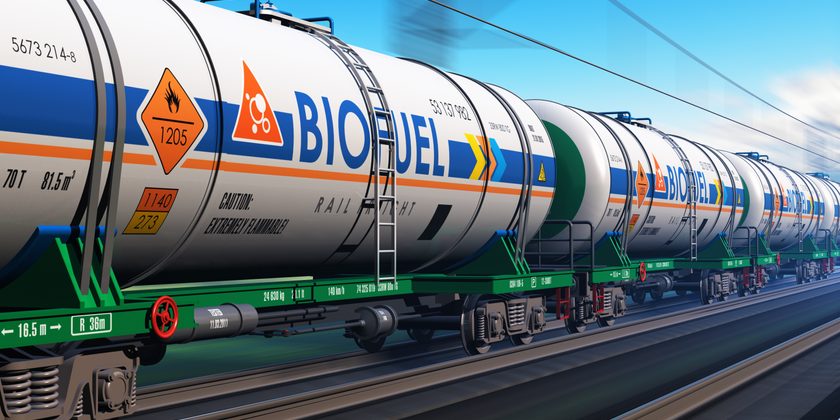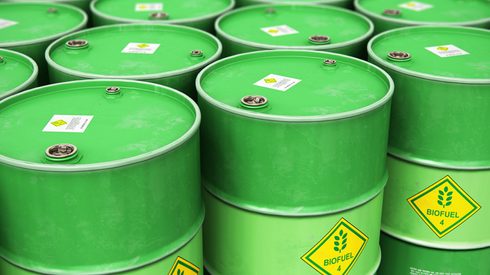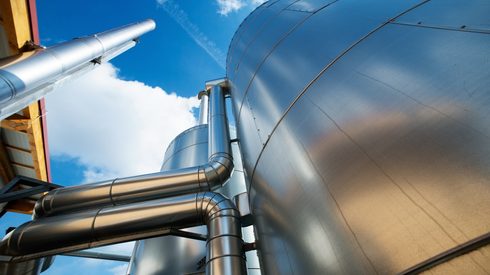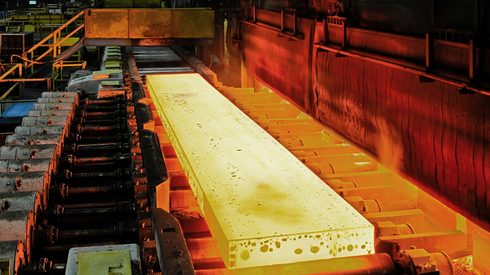Europe’s largest biofuels producer, Neste, has challenged claims made earlier this month by the US Department of Agriculture (USDA), which allege that Neste may have received fraudulent used cooking oil (UCO) volumes at its Singapore refinery.
The USDA, in its Biofuels Annual Report, published on September 1, claims that Neste received virgin palm oil volumes from Indonesia, which it said were exported fraudulently as UCO via China.
Neste’s reaction
“Neste’s recent analyses of UCO received from China do not support the USDA’s assertions, hence the company believes that the reference to Neste in the USDA report is either a mistake or based on a misunderstanding,” Neste said in a statement on Friday, adding that the claims were “unsubstantiated.”
The biofuels producer added that it takes suspected fraud cases “seriously and investigates them accordingly.”
“In addition, the company continuously evaluates the quality and authenticity of the raw material volumes it receives, conducting thorough laboratory analyses of the samples of UCO volumes it receives to its terminals from China,” Neste said.
The producer said it would subsequently contact the appropriate authorities at the USDA to discuss and learn more about the assertions in the report.
UCO imports from China
The hit back from Neste comes several months after the European Commission said it was investigating a complaint from a member state about possible fraud relating to biofuel imports from China.
The Commission’s acknowledgment of the complaint and call for cooperation fully with the investigation follows the influx of Chinese-sourced waste-based biodiesel through the early part of this year that has swamped key European markets and was accused of harming domestic production of both waste-based and conventional biofuels – physical prices collapsed across the EU.
Trade sources in June told Fastmarkets Agriculture that domestic biodiesel production had “pumped up in China,” this year, splitting Chinese UCO flows between the export market and new domestic processing capacity.
A similar ramp-up in sophisticated renewable diesel (RD) capacity across the US means the country has been pulling more and more of China’s UCO flows in as a feedstock, cutting flows of the feedstock to the EU – but the US has limited use for the finished grade UCOME.
“The US doesn’t want it [UCOME], so half China’s UCO is heading to the US and the other half to Chinese production which is then being exported [as finished product],” the source said.
Neste meanwhile restarted RD production at the expanded part of its Singapore plant in early August.
The production line initially started up in April, increasing annual production capacity to 2.6 million tons (mt), of which up to 1 million mt was intended to be sustainable aviation fuel (SAF).
However, the facility was shut down in June due to unexpected equipment repairs, which the company said in July would affect RD and sustainable aviation fuel (SAF) sales volumes in the second half of 2023.







